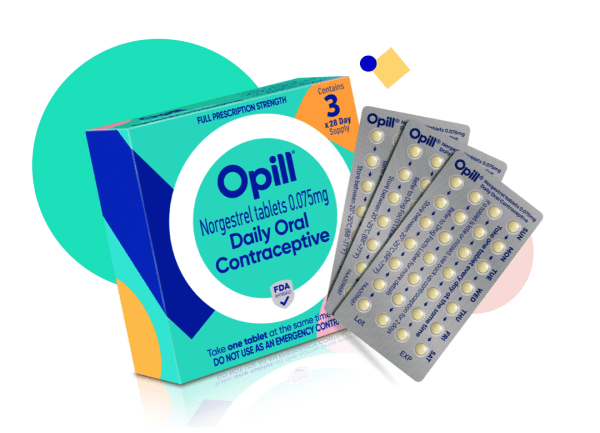Norgestrel Interactions
There are 264 drugs known to interact with norgestrel, along with 10 disease interactions, and 5 alcohol/food interactions. Of the total drug interactions, 62 are major, 188 are moderate, and 14 are minor.
- View all 264 medications that may interact with norgestrel
- View norgestrel alcohol/food interactions (5)
- View norgestrel disease interactions (10)
Most frequently checked interactions
View interaction reports for norgestrel and the medicines listed below.
- Abilify (aripiprazole)
- Accutane (isotretinoin)
- Acidophilus Probiotic Blend (lactobacillus acidophilus)
- Activated Charcoal (charcoal)
- Adderall (amphetamine / dextroamphetamine)
- Adderall XR (amphetamine / dextroamphetamine)
- Allergy Relief (chlorpheniramine)
- Atacand (candesartan)
- Ativan (lorazepam)
- Augmentin (amoxicillin / clavulanate)
- Benadryl (diphenhydramine)
- BuSpar (buspirone)
- Camrese (ethinyl estradiol / levonorgestrel)
- Celexa (citalopram)
- Centrum (multivitamin with minerals)
- Cipro (ciprofloxacin)
- Co-trimoxazole (sulfamethoxazole / trimethoprim)
- Coenzyme Q10 (ubiquinone)
- Cotrim (sulfamethoxazole / trimethoprim)
- Crestor (rosuvastatin)
- Cymbalta (duloxetine)
- Flonase (fluticasone nasal)
- Lasix (furosemide)
- Latuda (lurasidone)
- Prozac (fluoxetine)
- Vitamin B12 (cyanocobalamin)
- Vitamin D3 (cholecalciferol)
- Xyzal (levocetirizine)
- Zoloft (sertraline)
- Zyrtec (cetirizine)
Norgestrel alcohol/food interactions
There are 5 alcohol/food interactions with norgestrel.
Norgestrel disease interactions
There are 10 disease interactions with norgestrel which include:
- hepatic neoplasms
- breast malignancy
- liver disease
- thromboembolism
- depression
- fluid retention
- glucose intolerance
- thyroid function tests
- hyperlipidemia
- weight gain
More about norgestrel
- norgestrel consumer information
- Compare alternatives
- Side effects
- Dosage information
- Drug class: Progestogens
- En español
Related treatment guides
Drug Interaction Classification
| Highly clinically significant. Avoid combinations; the risk of the interaction outweighs the benefit. | |
| Moderately clinically significant. Usually avoid combinations; use it only under special circumstances. | |
| Minimally clinically significant. Minimize risk; assess risk and consider an alternative drug, take steps to circumvent the interaction risk and/or institute a monitoring plan. | |
| No interaction information available. |
See also:
Further information
Always consult your healthcare provider to ensure the information displayed on this page applies to your personal circumstances.


